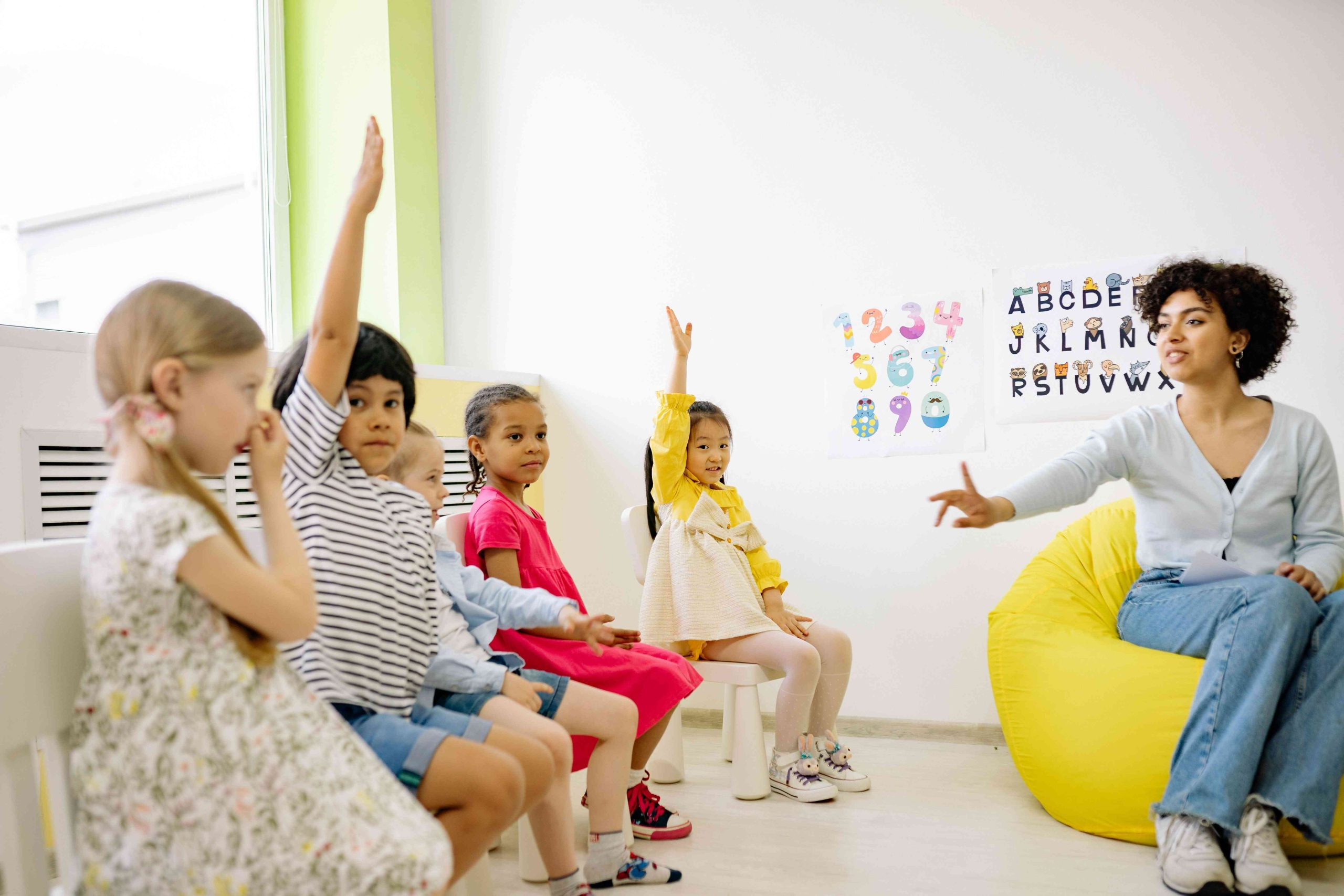
Ensuring Your Preschooler’s Developmentally Appropriate Learning Journey: The Key to Long-Term Benefits
As a parent, it’s natural to desire the best for your preschooler, especially in their early education. The preschool years are crucial for cognitive, social, and emotional development, necessitating a suitable learning environment for long-term benefits. Here, we’ll delve into the significance of developmentally appropriate learning for preschoolers and offer practical tips for optimizing their journey.
The Importance of Developmentally Appropriate Learning for Preschoolers
Developmentally appropriate learning tailors education to a child’s age, abilities, interests, and background, facilitating optimal engagement and understanding. It fosters a love for learning, critical thinking skills, and supports social and emotional development.
Practical Tips for Ensuring Developmentally Appropriate Learning
1. Choose a Preschool: Select a preschool with tailored curricula and qualified teachers, providing varied learning experiences.
2. Create a Learning-Rich Environment at Home: Encourage reading, puzzles, and creative activities to stimulate continued learning.
3. Support Social and Emotional Development: Foster positive interactions, emotional expression, and model positive behaviors.
4. Emphasize the Learning Process: Celebrate efforts, encourage exploration, and nurture a growth mindset.
5. Recognize Individual Differences: Respect your child’s unique strengths and challenges, adjusting support accordingly.
Ensuring a developmentally appropriate learning journey is an ongoing process, involving communication with teachers and fostering a well-rounded development encompassing physical, creative, and cognitive aspects.
1. Cultural Responsiveness: Prioritize diversity, equity, and inclusion in your child’s learning environment, embracing and sharing cultural backgrounds.
2. Social and Emotional Development: Cultivate a supportive environment at home and choose a preschool that prioritizes emotional awareness and positive relationships.
3. Physical Development: Encourage active play, healthy habits, and choose a preschool that promotes physical activity.
4. Cognitive Development: Foster hands-on learning, language, and literacy skills, and choose a preschool with a rich and varied curriculum.
5. Creativity and Imagination: Provide opportunities for open-ended play, artistic expression, and choose a preschool that encourages creativity.
Every aspect of your preschooler’s development requires attention and support, ensuring a holistic and enriching learning journey.


